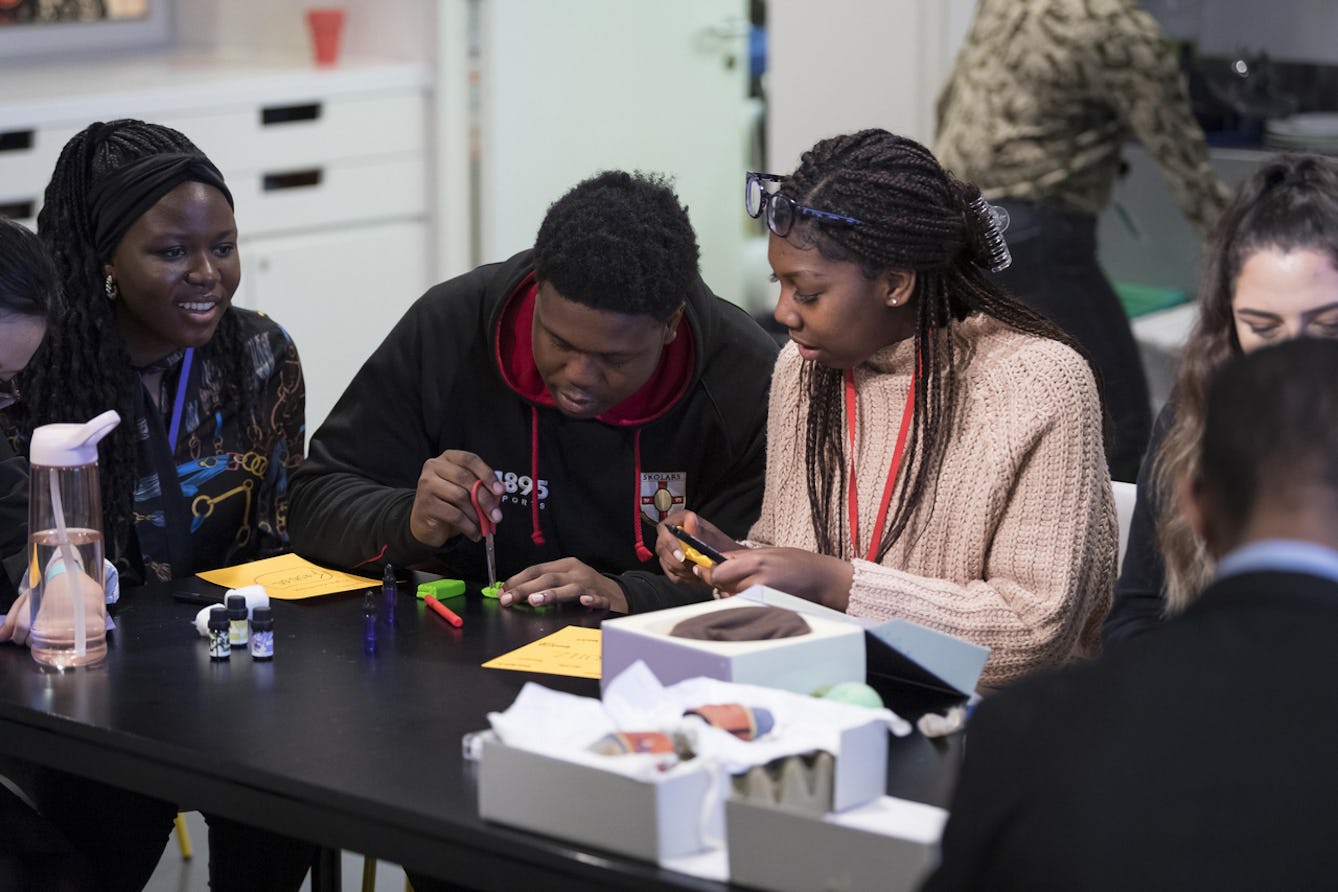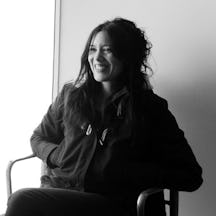Apply now to take part in a free project for people aged 14 to 19 years old and disabled people aged 14 to 25 years old. The project explores food production, waste, climate change and milk, and will build skills to support your personal and professional development.
Milk, Waste and the Environment

What will you do?
We are looking for 15 young people who are keen to share ideas, collaborate creatively, and develop their knowledge of the political, cultural, economic and ecological issues around milk.
You will:
- Meet seven times across March and April 2023 (11:00–16:30) at the Wellcome Collection Youth Studio. Sessions take place on Saturdays and mid-week during the Easter break. Food, drinks and London travel costs (zones 1–6) will be provided.
- Work with artist Gayle Chong Kwan, hear speakers, and get to know the staff and each other.
- Have the chance to visit ‘Milk‘ and our other exhibitions.
- Create a zine, installation or performance piece as a group, which will be showcased at a public event at Wellcome Collection on Friday 14 April.
- Build transferable skills in design, production, research and event management.
Who can come?
If you are an enthusiastic young person, you can apply to this project. It is for people aged 14 to 19 years old and disabled people aged 14 to 25 years old.
This will be a great opportunity for aspiring artists, activists, curators and anyone that wants to try something new. No previous art experience is needed.
When is it?
The project will take place over seven days between March and April on Saturdays and over the Easter break.
The dates are:
- Saturday 25 March, 11:00–16:30
- Saturday 1 April, 11:00–16:30
- Tuesday 4 April, 11:00–16:30
- Wednesday 5 April, 11:00–16:30
- Tuesday 11 April, 11:00–16:30
- Wednesday 12 April, 11:00–16:30
- Friday 14 April (the timings of this session are to be agreed as a group)
How do you apply?
Complete this form to apply, or send us your responses in an audio or video format under five minutes long. If you need to respond in a format not suggested, please let us know.
The deadline for applications is 23:59 on Sunday 12 March 2023.
The application form asks for key details about you and has questions about why you want to apply and what you hope to get from being involved. We are keen to hear about your interest in this project and will not judge applications on your past experiences or quality of writing or speaking.
We would like you to attend all seven sessions, but we understand if that is not possible. Please let us know in your application if you know in advance that there are some sessions you will not be able to attend.
You will receive confirmation that we have received your application. We will make a shortlist by mid-March and tell you whether your application has been successful. We cannot offer feedback on applications.
We are committed to creating a safe and positive environment for young people to come together and learn, and express their ideas and skills, whatever their sexuality, gender, ethnicity (including race, colour or nationality), disability or neurodivergence. You can read about accessibility at Wellcome Collection and get in touch with us if there are ways that we could make participating more accessible for you.
The project was brilliantly organised, taught and carried out – I learned something new every session.
What have youth projects done before?
Previous youth project groups have:
- Created and performed an improv comedy show.
- Curated a film and artwork installation inspired by climate change and our ‘Being Human’ gallery.
- Designed and pitched new merchandise to go on sale in Wellcome Shop.
- Edited an anthology of poetry on topics that heavily affect young people’s lives, including climate change, mental health, culture and identity.
Want to see other opportunities for you to get involved? Go to Young People →
About the facilitator
Gayle Chong Kwan
Gayle Chong Kwan is an international artist and academic. In her work, she has explored the effects of dairy industry on the rivers in New Zealand; supported young activists; and worked with students and academics to explore food and waste. Gayle has developed numerous projects around food rituals, histories of growing and cooking, food production, consumption and waste.
